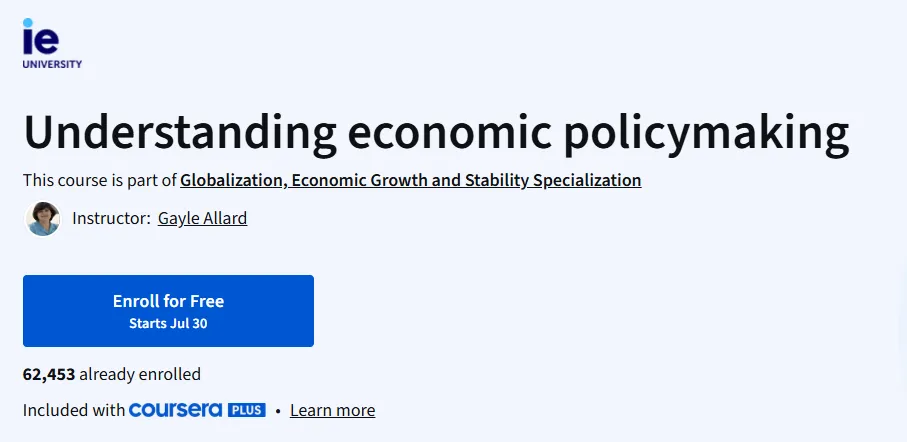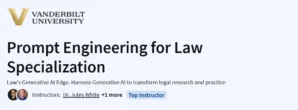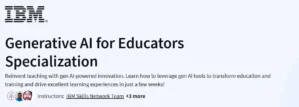What will you learn in Understanding economic policymaking Course
Understand how economic policies affect growth, inflation, and employment.
Analyze macroeconomic policy tools like fiscal and monetary policy.
Learn to assess the economic impact of policy decisions on both national and global levels.
Gain practical insights into how governments manage economic crises.
Program Overview
Module 1: Macroeconomic Indicators
⏱️ 1 week
Topics: GDP, inflation, unemployment, and other core indicators.
Hands-on: Interpreting real economic reports and datasets.
Module 2: Fiscal Policy
⏱️ 1 week
Topics: Government spending, taxation, budget deficits, and surpluses.
Hands-on: Analyze country-level fiscal strategies and their effectiveness.
Module 3: Monetary Policy
⏱️ 1 week
Topics: Central banking, interest rates, inflation control, and currency stability.
Hands-on: Explore historical decisions from central banks and simulate monetary responses.
Module 4: Structural Policies
⏱️ 1 week
Topics: Reforms in labor, education, regulation, and technology.
Hands-on: Policy critique of real-world structural adjustments.
Module 5: Policy Trade-Offs and Global Implications
⏱️ 1 week
Topics: Balancing growth and stability, global interdependence, and crisis response.
Hands-on: Case studies on the 2008 crisis, COVID-19 economic fallout, and EU policy.
Get certificate
Job Outlook
Useful for careers in public policy, finance, international development, and economic research.
High demand for professionals who understand how policies shape economies.
Salaries in economic policy roles range from $50,000–$100,000+ depending on sector and region.
Opportunities in government, think tanks, NGOs, and financial institutions.
Specification: Understanding economic policymaking
|
FAQs
- Introduces the interaction between politics and economic decision-making.
- Explains how government priorities shape fiscal and monetary policies.
- Highlights case studies showing political trade-offs in policymaking.
- Encourages critical thinking about policy motivations beyond economics.
- Supports understanding of policy outcomes in politically diverse environments.
- Covers impacts on employment, inflation, and income distribution.
- Shows how macroeconomic decisions influence household budgets.
- Discusses effects on consumer prices and interest rates.
- Explains links between national policies and global economic trends.
- Provides examples from historical crises to illustrate daily impacts.
- Designed at a beginner level with simplified explanations.
- Uses real-world examples instead of purely theoretical models.
- Focuses on understanding concepts over complex calculations.
- Provides hands-on exercises to interpret economic reports.
- Encourages gradual development of analytical thinking in economics.
- Offers insights into economic impacts on global development and policy.
- Teaches evaluation of international fiscal and monetary strategies.
- Supports understanding of economic crises and global responses.
- Enhances skills for roles in policy research, development, and advocacy.
- Prepares learners for analysis and decision-making in international contexts.
- Introduces core macroeconomic indicators like GDP, inflation, and unemployment.
- Teaches interpretation of real economic reports and datasets.
- Explains how data informs fiscal, monetary, and structural policy decisions.
- Uses historical examples to demonstrate data-driven policy outcomes.
- Encourages applying analytical skills to assess policy effectiveness.





